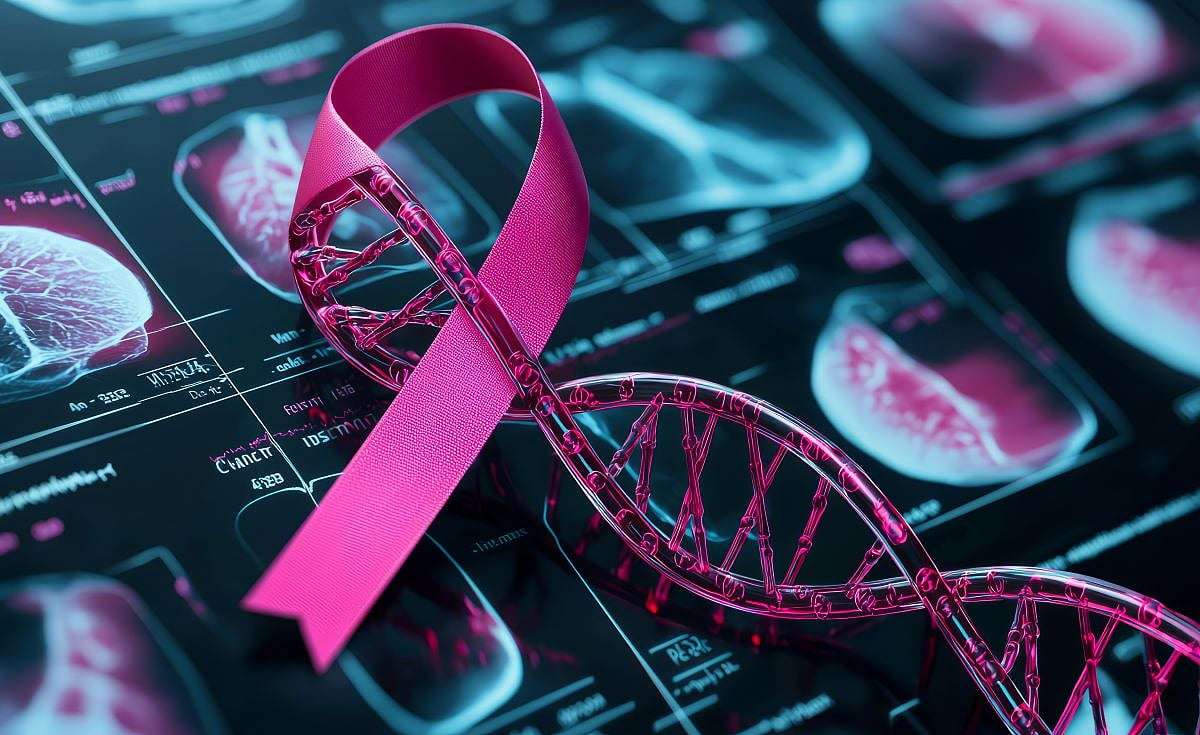
Children have an increased risk of high blood pressure if their moms suffered from health problems during pregnancy, a new study says. Children had higher blood pressure if their moms had obesity, gestational diabetes or high blood pressure while pregnant, researchers reported May 8 in JAMA Network Open. The presence of just one of these… read on > read on >






























